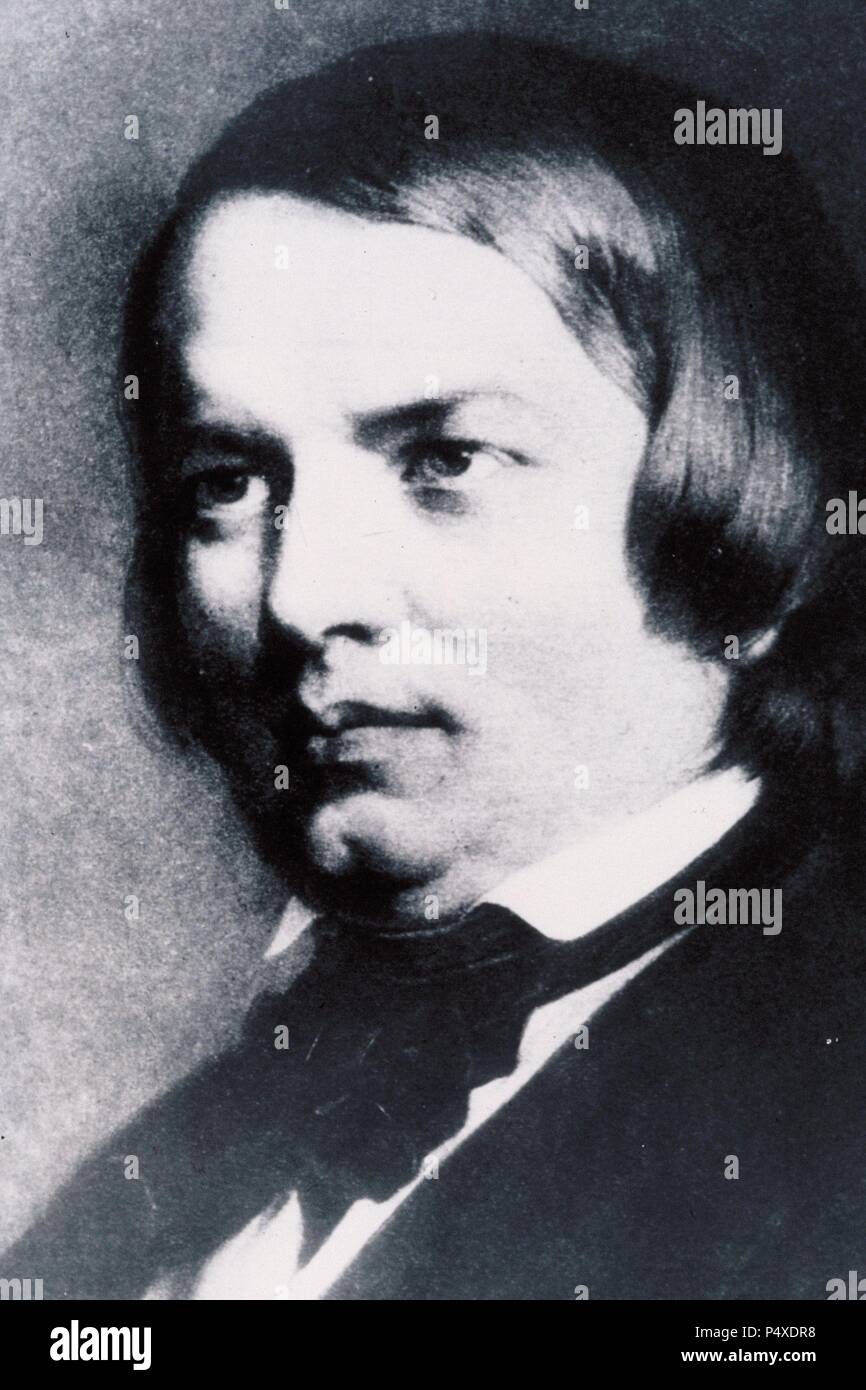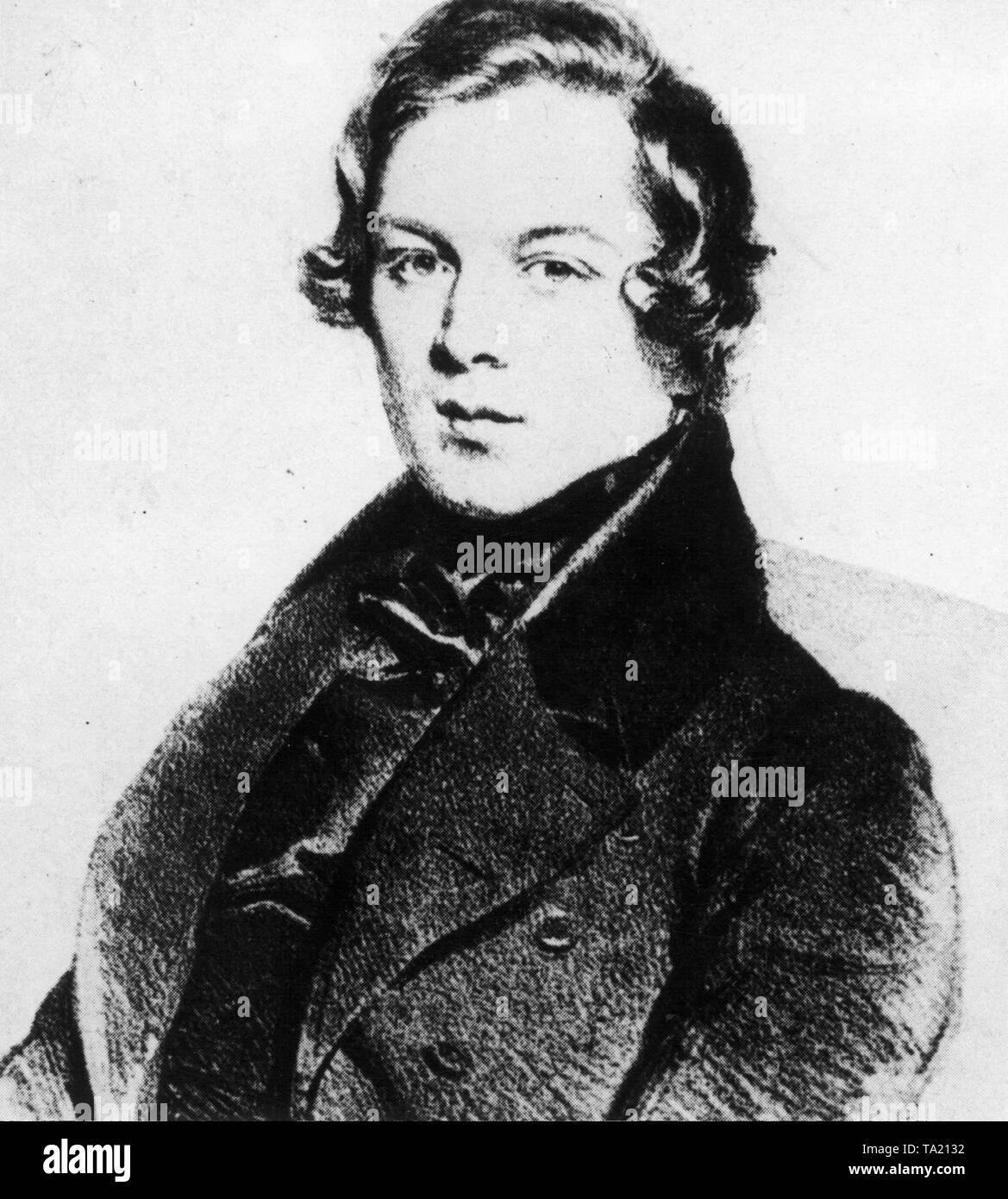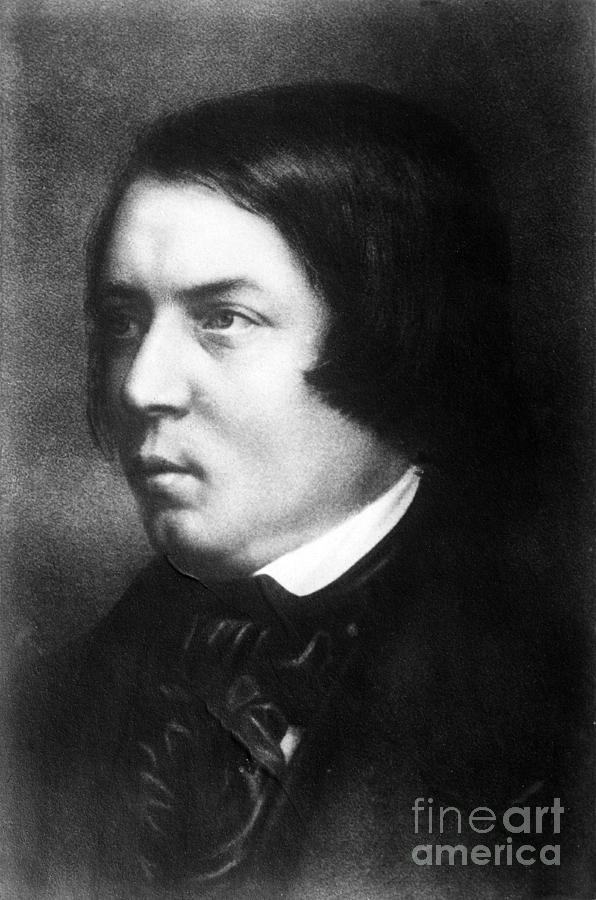

Only at the end do we achieve tranquillity, when Schumann quotes. This impassioned and kaleidoscopic rrpouring finds little peace even in the earthbound central interlude. RUINS (DURCHAUS PHANTASTISCH UND LEIDENSCHAFTLICH VORZUTRAGEN, 12:00) At a time hen he was forbidden to see his beloved Clara, the lines by the poet Friedrich von Schiller that preface the work were certainly intended for her eves: "Through all the sounds of Earth’s mingled dream, lies one quiet note for the secret listener”. Clara became a regular performer and lifelong champion of Schumann's works, and much of his fame is due to her efforts.ĭedicated to Liszt, the -aperlative 1838 Fantasy in C was originally vhumann’s tribute to Beethoven. Wieck strongly opposed the relationship at first, fearing a threat to Clara's career (and hence his own vicarious success) but eventually consented and the two were married in 1840. Hoffmann's Romantic hero Kreisler, but the work is also a tribute to Clara, the virtuoso pianist and daughter of Wieck, to whom Schumann was engaged. In Kreisleriana - another important piano work of the 1830s - he paints a musical portrait of E.T.A.

The League of David appears once more in the final "March against the Philistines." "F" and "E" are credited with authorship of the various Davidsbundlertanze (Dances for the League of David), and their respective musical portraits form two of the movements of Carnaval, probably Schumann's finest solo piano work.

The two characters also appear in the piano works that dominate his output from the 1830s.

Schumann often wrote under two pseudonyms - Florestan and Eusebius - who led an imaginary Davidsbund (League of David) in the fight against musical philistinism and represented the "ecstatic" and "sensitive" sides of his personality. He proved to be a discerning critic, recognizing the burgeoning mastery in very early works by Chopin and Brahms, enthusing over Mendelssohn, and generously acknowledging Berlioz, Wagner, and Liszt, although they did not conform to his own ideal - '"Liszt's world is not mine." Its aim was to sift out genius from mere talent and thus combat mediocrity in German music. Schumann also devoted his energy to music criticism through his journal Die Neue Zeitschrift fur Musik (New-Musical Journal), which he founded in 1834 and edited for ten years. He composed almost entirely during happier periods of intense creativity that alternated with these bouts of illness. In 1833 Schumann became ill with a depressive disorder that would recur for the rest of his life. He gave up law and returned to Leipzig for further lessons with Wieck, but ruined any chance of a career as a pianist by dislocating a finger with a stretching machine he had invented. He attended concerts at the Gewandhaus, took piano lessons with the fiercely idealistic Friedrich Wieck, and, during further "study" in Heidelberg, began to perform and compose. He did not take studies seriously, preferring to indulge in the excesses of student life and, of course, music. After his father died when he was 16, it was decided that he should go to Leipzig University to study law. His interest in music was nurtured by performances given locally, but was discouraged by his mother. His father was a writer and publisher and encouraged his son's enthusiasm for the Romantic authors of the time. Born at Zwickau in Germany, Schumann grew up in a literary' environment.


 0 kommentar(er)
0 kommentar(er)
